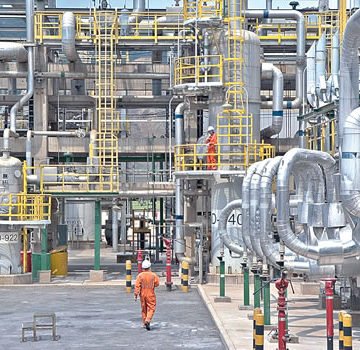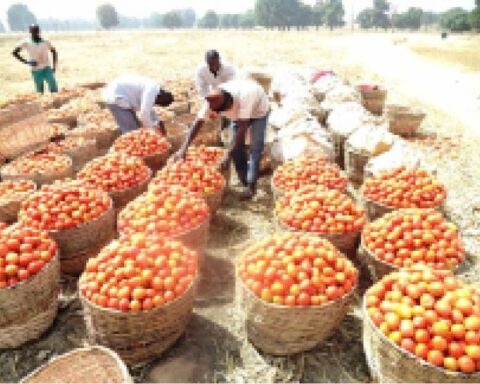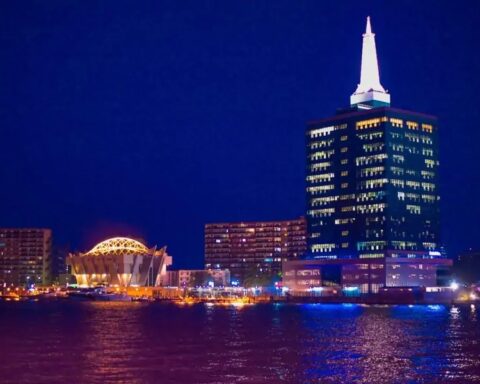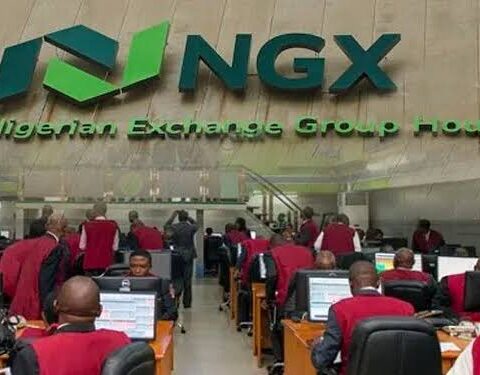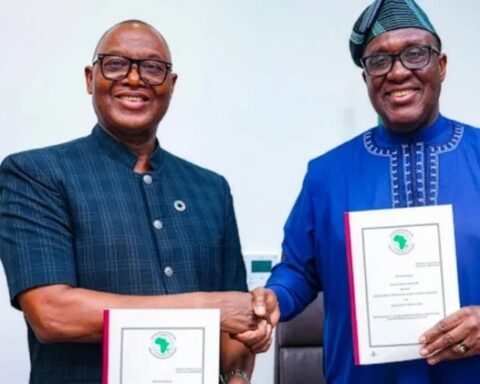By Emmanuella Anokam
The Nigerian Midstream and Downstream Petroleum Regulatory Authority (NMDPRA) says West African countries will sign harmonised refinery regulatory agreements in the fourth quarter of 2025, to realise its refinery hub goals.
Prof. Zainab Gobir, Executive Director in charge of Economic Regulations and Strategic Planning, NMDPRA, said this on Wednesday in Abuja, while presenting the outcome of a two-day Global Commodity Insights Conference on West African Refined Fuel Market.
The conference was convened by the NMDPRA and the S&P Global.
Gobir said the essence of the timeline and agreements was to ensure that operational refineries steadily operate at optimal output to fulfill West Africa’s demand for refined products.
“All member states are expected to abide by the agreements.
“And what is our timeline? Short to medium term. Secondly, a harmonised regional market framework, regulatory policy, and incentives that will attract investment in greenfield refinery products.
“The action base entails regional regulatory bodies working closely together, towards realisation of its timeline in the fourth quarter of 2025,” she said.
The executive director said that the harmonised regional market framework, regulatory policy, and incentives were expected to attract investment, adding that the conference was able to come up with a roadmap from 2025 to 2030.
She said that a stiff penalty would be imposed for non-performance in all countries of the West African sub-region, to ensure all performing licenced refineries were committed to the obligations.
Gobir said that the conference also adopted measures to protect domestic refineries from unfair international competition and destruction structures and systems.
According to her, there is a unanimous call for regulatory alignment and the call for the adoption of a harmonised, transparent and robust refining product market pricing.
She described the Dangote Refinery as a game changer in the market where other functional upcoming refineries in West Africa were also changing the dynamics of defining product markets in the region.
“It was resolved that the financial institutions in the region should be encouraged to create financial instruments to finance infrastructural gaps in the short term, annually.”
She listed the development finance institutions to include the African Finance Corporation, Afrexim Bank, the African Energy Bank and private investors.
Gobir said for S&P Global Insights, it was resolved that the organisation include an update on the West Africa infrastructure development in its West African market status and development updates
Speaking, Mr Farouk Ahmed, NMDPRA Chief Executive, noted that three hubs with pricing benchmarking potential were currently available.
He said West Africa had five locations, noting that the S&P Global Insights had agreed to collaborate with the authority to help create a hub in Nigeria.
According to him, the trade hub will indirectly address the issue of energy security because of the business activities in the shores.
Follow us on all social media platforms @dailyquery for news and analyses around the globe.
